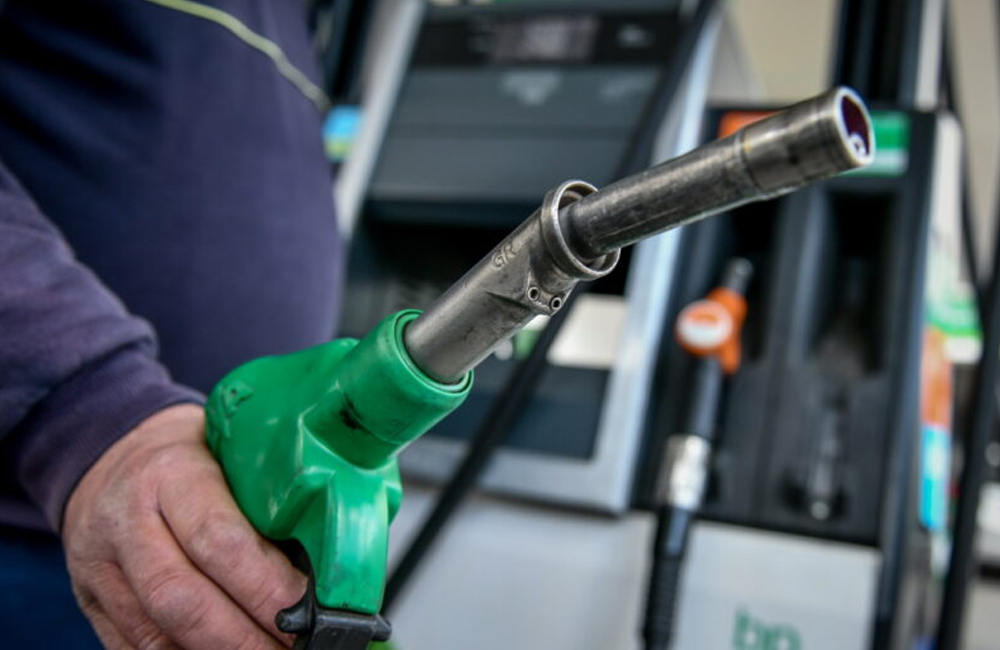No relief for motorists is in sight from hiking petrol prices, as the government is contemplating new fuel taxes as part of a green taxation reform imposed by the European Union.
The ‘green taxation’, as the reform has been dubbed, is an obligation for Cyprus and other EU member states.
Quoting sources from the Finance Ministry, Phileleftheros daily reported that implementation of the green tax must be in place by the end of 2023, at least according to Cyprus’ commitment to the EU Recovery Plan.
The news comes as prices at the pumps have been rocketing once again, with consumer associations and Opposition parties turning the heat on the government to reinstate a freeze on consumption tax on fuel.
Reportedly, the Finance Ministry is already working on compensatory measures to mitigate the impact of the new taxation on households.
The Economics Research Centre at the University of Cyprus has been commissioned to prepare a list of proposed compensatory measures to be presented within the next two months.
The Centre will look at various scenarios and assess the impact of green taxation on households, depending on their composition and income levels, as well as on businesses.
In presentations made during the inaugural meeting of the “Comprehensive Tax Transformation” project led by the Centre, these proposals should be ready by the end of November.
Talking at the event, UCy Professor Panayiota Lysiotou said Cyprus is committed to introducing a carbon tax on fuels to address climate change and atmospheric pollution within the National Recovery and Resilience Plan framework.
Professor Lysiotou said the carbon tax is expected to increase pump prices, potentially reducing household well-being.
It is not the first time that authorities prepared for introducing a Green Tax, as former Finance Minister Constantinos Petrides, in 2021, had publicly announced plans for further taxation of liquid fuels, coupled with relief measures in labour taxation.
However, these initial plans were postponed due to the Russian invasion of Ukraine and the subsequent surge in inflation, forcing EU governments to take compensatory measures.
To combat fuel increases and cost of living hikes, the government, under President Nicos Anastasiades in March 2022, introduced a freeze on consumption tax on fuel.
The measure expired on June 30 after being extended in April.
On June 30 (the last day of the fuel subsidy), the average selling price of 95 octane Petrol was €1.386 per litre, shooting up by almost 23 cents to €1.613 on October 3.










